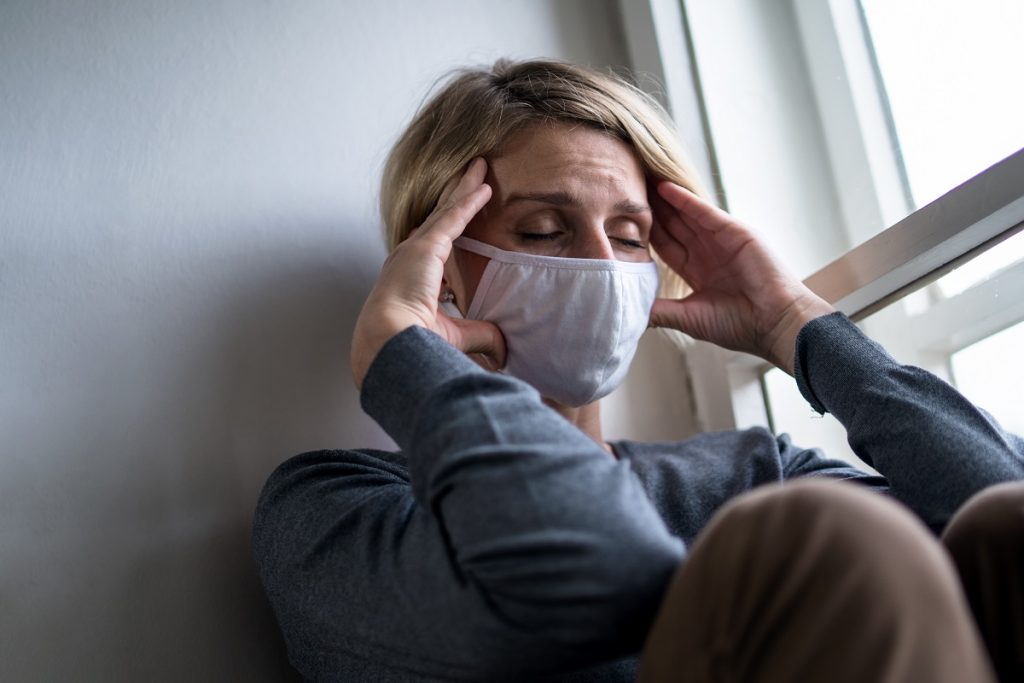- Women are 50% more likely to experience stress, impacting hormonal balance and emotional well-being.
- Chronic stress can lead to sleep disorders, digestive issues, and premature aging, particularly in women.
- Hormonal imbalances triggered by stress can cause reproductive health issues and affect thyroid function.
- Techniques to manage stress include Swedish massage, regular exercise, mindfulness activities, and cognitive behavioral therapy.
- Recognizing unique stress impacts on women facilitates better management, promoting better physical and mental health.
Stress is something that people experience at one time or another, but did you know that stress affects women differently than men? Women juggle many roles and responsibilities, including managing family life, work, and personal well-being. All these can lead to stress and a host of physical and mental health issues. Here’s what you need to know about stress among women, how it affects them uniquely, and ways you can deal with it.
Stress Among Women
It’s estimated that women are 50% more likely to experience stress than men, and stress’s effects on women’s physical and mental health are greater. Stress can affect women uniquely. Here are some of those ways:
1. Hormonal Imbalance

Women have a complex hormonal system that is sensitive to stress. When you experience stress, your body release cortisol and other stress hormones, which trigger the fight-or-flight response. Over time, constant exposure to stress leads to a hormonal imbalance, which can cause irregular periods, PMS, infertility, and other reproductive health issues. Stress also affects the thyroid, which regulates metabolism and energy levels, leading to fatigue and weight gain. It’s a problematic thing that many women experience.
2. Emotional Turmoil
Women are more likely to internalize stress and are often burdened with guilt or responsibility. You may feel overwhelmed, anxious, or depressed, leading to lower self-esteem and reduced well-being. This emotional turmoil can also affect relationships with loved ones, leading to conflict and isolation.
3. Sleep Disorders
Stress affects your ability to sleep, affecting your physical and mental health. Women are more prone to sleep disturbances such as insomnia, sleep apnea, and restless leg syndrome. Lack of sleep affects our immune system, making us more susceptible to illnesses. It also affects our cognitive abilities, making concentrating and remembering things harder.
4. Digestive Issues
Stress can also wreak havoc on your digestive system, leading to irritable bowel syndrome (IBS), acid reflux, and other digestive disorders. Women are more likely to experience digestive issues due to stress because their bodies tend to hold onto stress in the gut. You may also turn to unhealthy coping mechanisms such as emotional eating or bingeing, further complicating digestive issues.
5. Premature Aging
Chronic stress accelerates aging, leading to premature wrinkles, gray hair, and other signs of aging. Women are particularly susceptible to premature aging due to stress, mainly because they have lower collagen levels than men. Collagen is essential for skin elasticity, and collagen levels naturally decline as you age. Stressful events can accelerate this process, leading to visible signs of aging earlier on.
Dealing With Stress
There are various ways women can deal with stress. Here are four of those ways:
Massage

One of the best ways to destress is massage. A good Swedish massage helps reduce cortisol levels and increases serotonin, which helps you relax and feel good. It also releases muscle tension, allowing them to be relaxed and flexible.
Exercise
Exercise has been proven to help reduce stress, releasing endorphins that make you feel happier and increase your well-being. Exercise also helps with digestion and insomnia while toning the body and keeping you in shape.
Mindfulness
Taking time for yourself is essential in reducing stress. Mindfulness activities such as yoga, meditation, and deep breathing help you connect to your inner self. They can help clear your mind and redirect negative thoughts into positive ones. Taking a break from everyday life and doing something enjoyable can also help reduce stress.
Cognitive Behavioral Therapy
Cognitive behavioral therapy (CBT) helps you identify and change unhealthy thought patterns, helping to combat anxiety and depression. CBT can also help with self-esteem issues, as it focuses on changing the way we think about ourselves. Finding a therapist experienced in women’s health issues is essential and can provide the proper guidance and support.
Stress affects people differently, and it’s essential to recognize how it affects your physical and mental health. Knowing how stress uniquely impacts women can help you take action to manage it better. Taking time for yourself, practicing mindfulness, exercising regularly, and seeking professional help can help reduce stress levels. Taking care of yourself is essential for your physical and mental well-being and all life throws.






